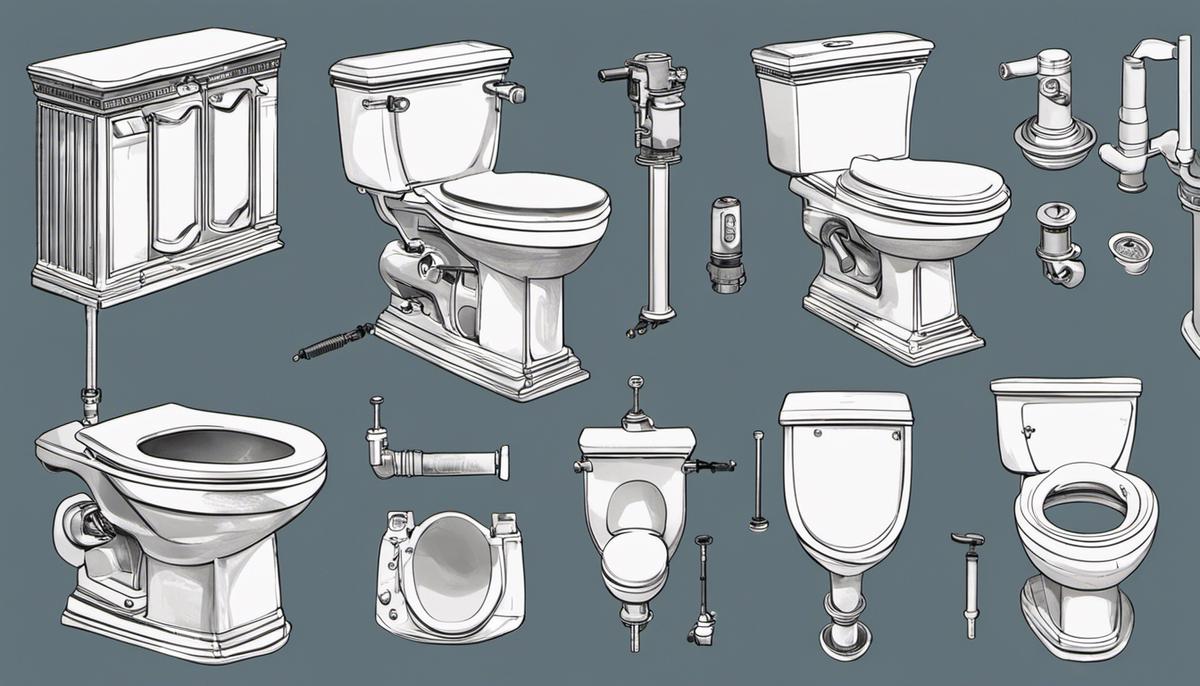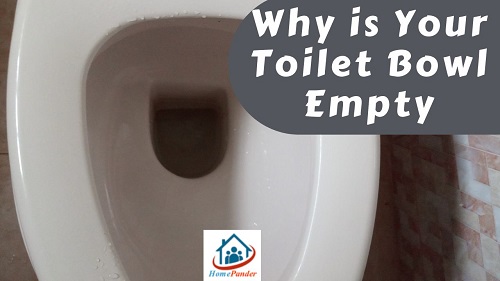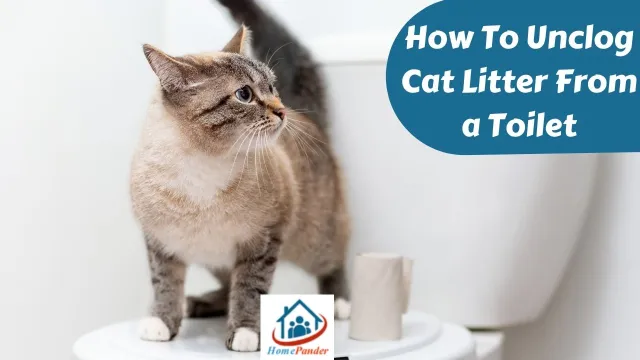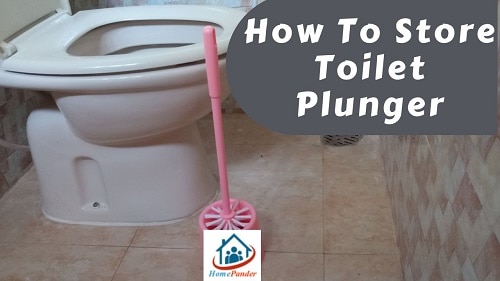Your mattress is an essential part of your sleeping environment, and keeping it clean is crucial for maintaining good hygiene and overall health.
With concerns about germs, bacteria, and odors, you may wonder if you can use Lysol spray on your mattress.
In this article, we will explore whether Lysol spray is safe and effective for use on mattresses, providing you with the information you need to keep your sleeping surface fresh and clean.
Can Lysol Spray Be Used on Mattresses?
| Criteria | Lysol Spray on Mattresses | Not Recommended for Mattresses |
|---|---|---|
| Effectiveness | Kills germs and bacteria | May not effectively eliminate all allergens |
| Odor Elimination | Effectively neutralizes odors | May not completely eliminate stubborn odors |
| Allergen Reduction | Reduces allergens | May not fully remove embedded allergens |
| Ease of Use | Convenient spray application | Requires alternative methods for thorough cleaning |
| Compatibility with Mattress | May be used on certain types of mattresses with caution | Not specifically formulated for mattress use |
| Impact on Warranty | May void mattress warranty | May not affect mattress warranty if alternative methods are used |
| Chemical Sensitivities | May cause sensitivities or allergies in some individuals | Alternative methods may be safer for sensitive individuals |
| Frequency of Use | Occasional use recommended | Excessive use may damage mattress fabric and structure |
Lysol spray is a popular disinfectant that is commonly used to kill germs and eliminate odors on various surfaces.
However, when it comes to mattresses, it is generally not recommended to use Lysol spray directly.
Mattresses are porous, and the chemicals in Lysol spray can penetrate deep into the mattress, potentially causing damage and affecting the integrity of the materials.
Potential Risks of Using Lysol Spray on Mattresses
Using Lysol spray directly on a mattress can have several negative consequences. Here are a few potential risks to consider:
Damage to Mattress Materials
Lysol spray contains chemicals that can be harsh on certain materials, such as foam and fabric. These chemicals may cause discoloration, degradation, or even disintegration of the mattress materials over time.
Allergic Reactions and Respiratory Issues
Lysol spray releases strong fumes that can irritate the respiratory system, especially for individuals with asthma or allergies. Direct exposure to these fumes while sleeping on a treated mattress can lead to discomfort and breathing difficulties.
Skin Irritation
Some people may be sensitive to the chemicals present in Lysol spray. Direct contact with the sprayed area can cause skin irritation, redness, itching, or rashes, further compromising your sleep quality and overall comfort.
Alternatives to Lysol Spray for Mattress Cleaning
| Alternative Methods | Description |
|---|---|
| Vacuuming | Regularly vacuuming your mattress using a vacuum cleaner with a brush attachment helps remove dust, dirt, and allergens from the surface. |
| Steam Cleaning | Steam cleaning is an effective method for deep cleaning and sanitizing mattresses. It uses hot steam to kill germs and bacteria without the need for chemicals. Follow manufacturer instructions and ensure the mattress is fully dry after cleaning. |
| Baking Soda | Sprinkling baking soda liberally over the mattress surface and letting it sit for a few hours can help absorb odors. Vacuum the baking soda off the mattress afterward. |
| Enzyme Cleaners | Enzyme-based cleaners are designed to break down organic matter and eliminate odors. They can be effective in removing stains, odors, and allergens from mattresses. Follow the product instructions for best results. |
| Mattress Protectors | Using a mattress protector can prevent spills, stains, and allergens from reaching the mattress. Regularly washing the mattress protector can help maintain a clean sleeping surface. |
| Sunlight and Fresh Air | On a sunny day, you can take your mattress outdoors to air it out and expose it to sunlight. Sunlight helps kill bacteria and fresh air aids in eliminating odors. |
Although using Lysol spray directly on your mattress is not recommended, there are alternative methods you can use to keep your mattress clean and fresh:
Vacuuming
Regular vacuuming of your mattress helps remove dust, allergens, and surface-level debris.
Use the upholstery attachment on your vacuum cleaner to gently and thoroughly clean the mattress surface.
Spot Cleaning
For specific stains or spills on your mattress, opt for spot cleaning.
Mix a mild detergent with warm water and use a clean cloth to dab the affected area. Avoid using excessive moisture to prevent mold and mildew growth.
Mattress Protectors
Investing in a mattress protector is an excellent way to safeguard your mattress from spills, stains, and dust mites.
These protectors create a barrier between your body and the mattress, preserving its cleanliness and prolonging its lifespan.
Sunlight and Fresh Air
Whenever possible, expose your mattress to sunlight and fresh air. UV rays from the sun can help kill bacteria and eliminate odors naturally.
Remember to follow manufacturer guidelines to avoid damaging your mattress during this process.
Tips for Keeping Your Mattress Clean
To maintain a clean and hygienic mattress, consider the following tips:
- Change and wash your bed linens regularly to prevent the accumulation of dirt, sweat, and dead skin cells on the mattress surface.
- Use a mattress topper or pad to provide an additional layer of protection and keep your mattress free from spills and stains.
- Avoid eating or drinking in bed to minimize the risk of accidental spills and stains on your mattress.
- Keep pets off the bed to prevent the transfer of dirt, hair, and potential allergens onto your mattress.
- Follow the manufacturer’s instructions for cleaning and care specific to your mattress type.
Frequently Asked Questions
Can Lysol spray be used on pillowcases or sheets?
Yes, Lysol spray can be used on pillowcases or sheets. However, it is advisable to read the instructions on the Lysol spray can and follow the recommended usage guidelines.
How often should I clean my mattress?
It is recommended to clean your mattress every three to six months. However, if you have allergies, asthma, or specific health concerns, more frequent cleaning may be necessary.
Can I use baking soda to clean my mattress?
Yes, baking soda can help absorb odors from your mattress. Simply sprinkle a thin layer of baking soda over the mattress, let it sit for a few hours, and then vacuum it up.
Are there any natural alternatives to Lysol spray for mattress cleaning?
Yes, there are natural alternatives such as vinegar, hydrogen peroxide, and essential oils that can be used for mattress cleaning. However, it is essential to research and follow proper dilution and usage instructions for these alternatives.
How long does it take for a mattress to dry after cleaning?
The drying time for a mattress after cleaning can vary depending on factors such as humidity, ventilation, and the cleaning method used. It is recommended to allow sufficient time for the mattress to dry completely before using it again.
Conclusion
Using Lysol spray on a mattress can be a viable option for cleaning and disinfection, provided it is used with caution and according to the manufacturer’s guidelines.
It can help eliminate odors, kill germs and bacteria, and reduce allergens, contributing to a cleaner and healthier sleeping environment.
However, it is essential to consider alternative cleaning methods, any chemical sensitivities, and the impact on the mattress warranty. Ultimately, choose a cleaning approach that aligns with your specific needs and preferences.



![How To Clean Dark Grout That Has Turned White [5 Easy Ways]](https://homepander.com/wp-content/uploads/2021/12/How-To-Clean-Dark-Grout-That-Has-Turned-White.webp)
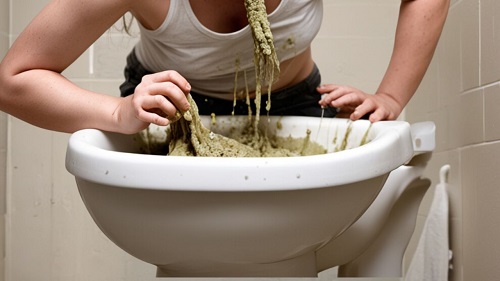
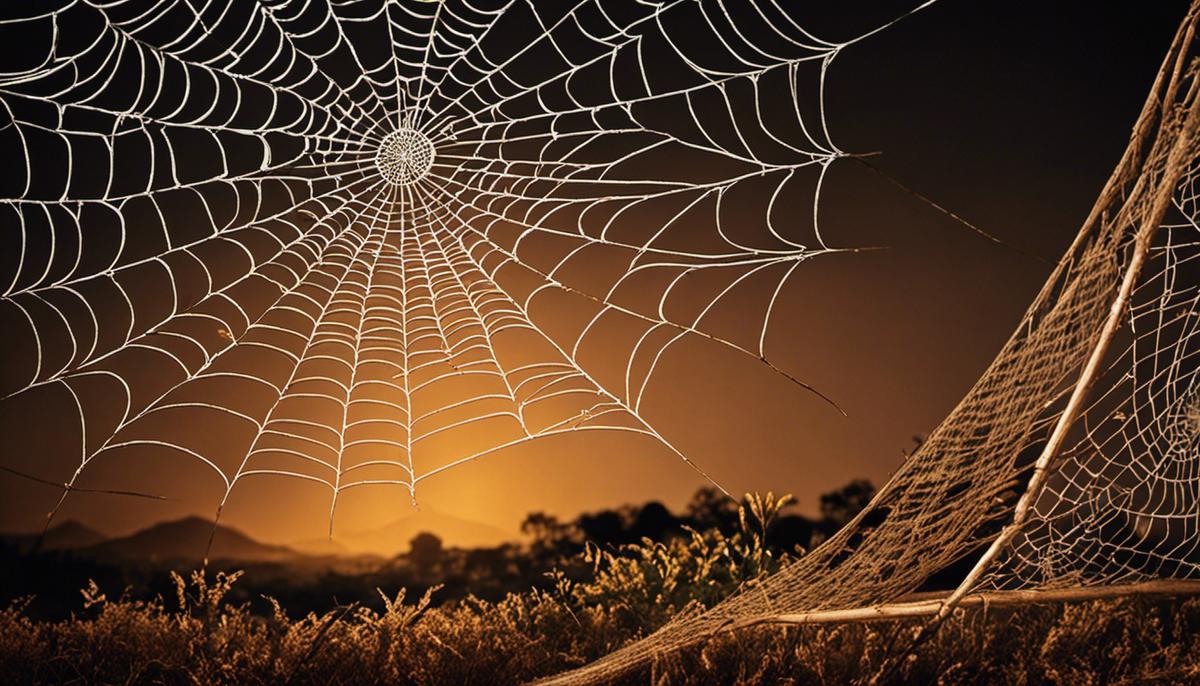
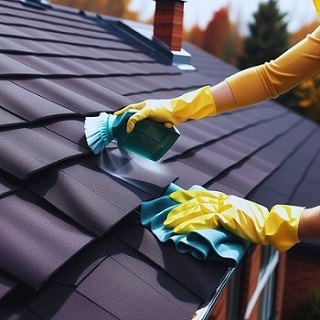





![How to Remove Crystallized Urine [Explained]](https://homepander.com/wp-content/uploads/2022/02/How-To-Remove-Crystallized-Urine.jpg)
